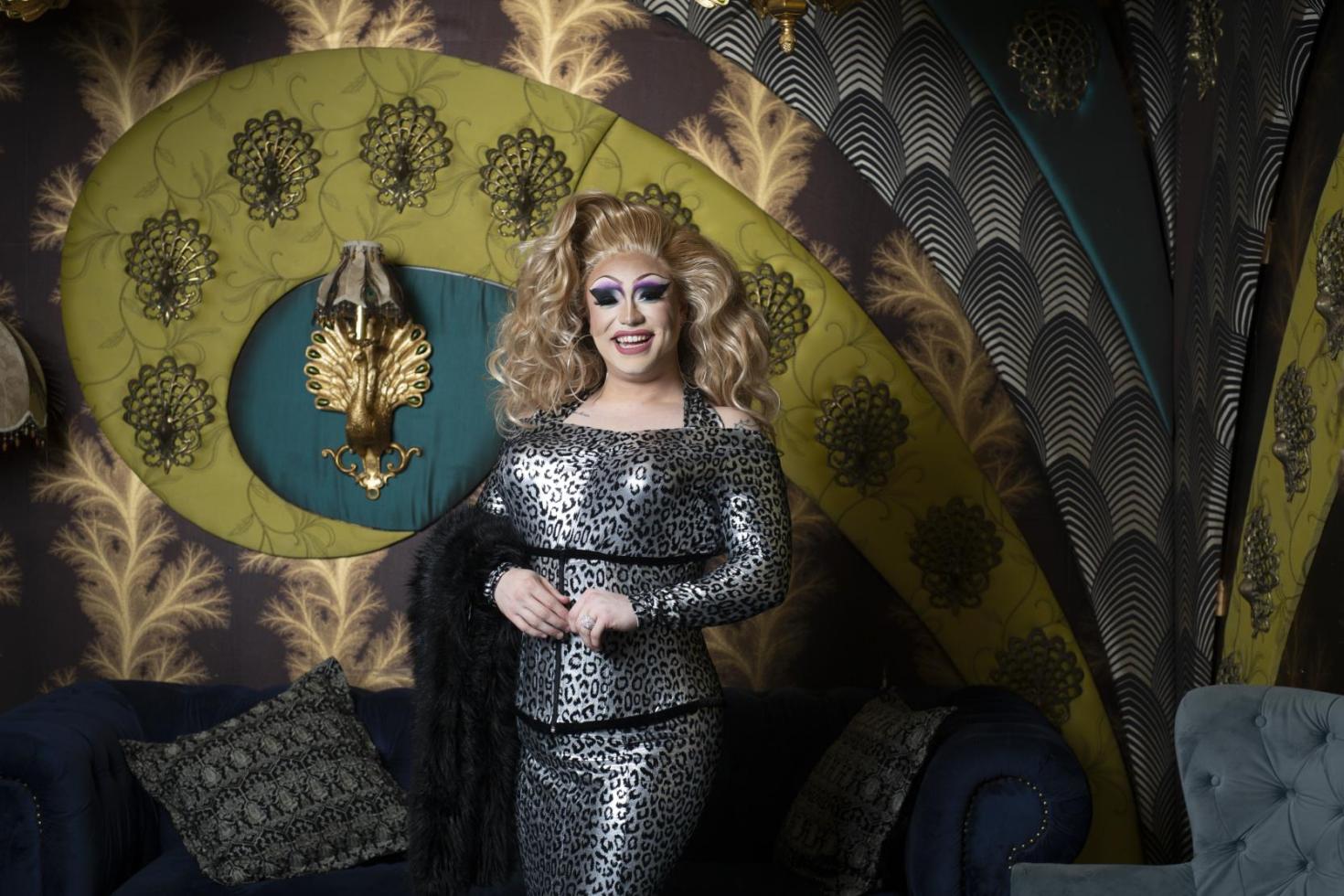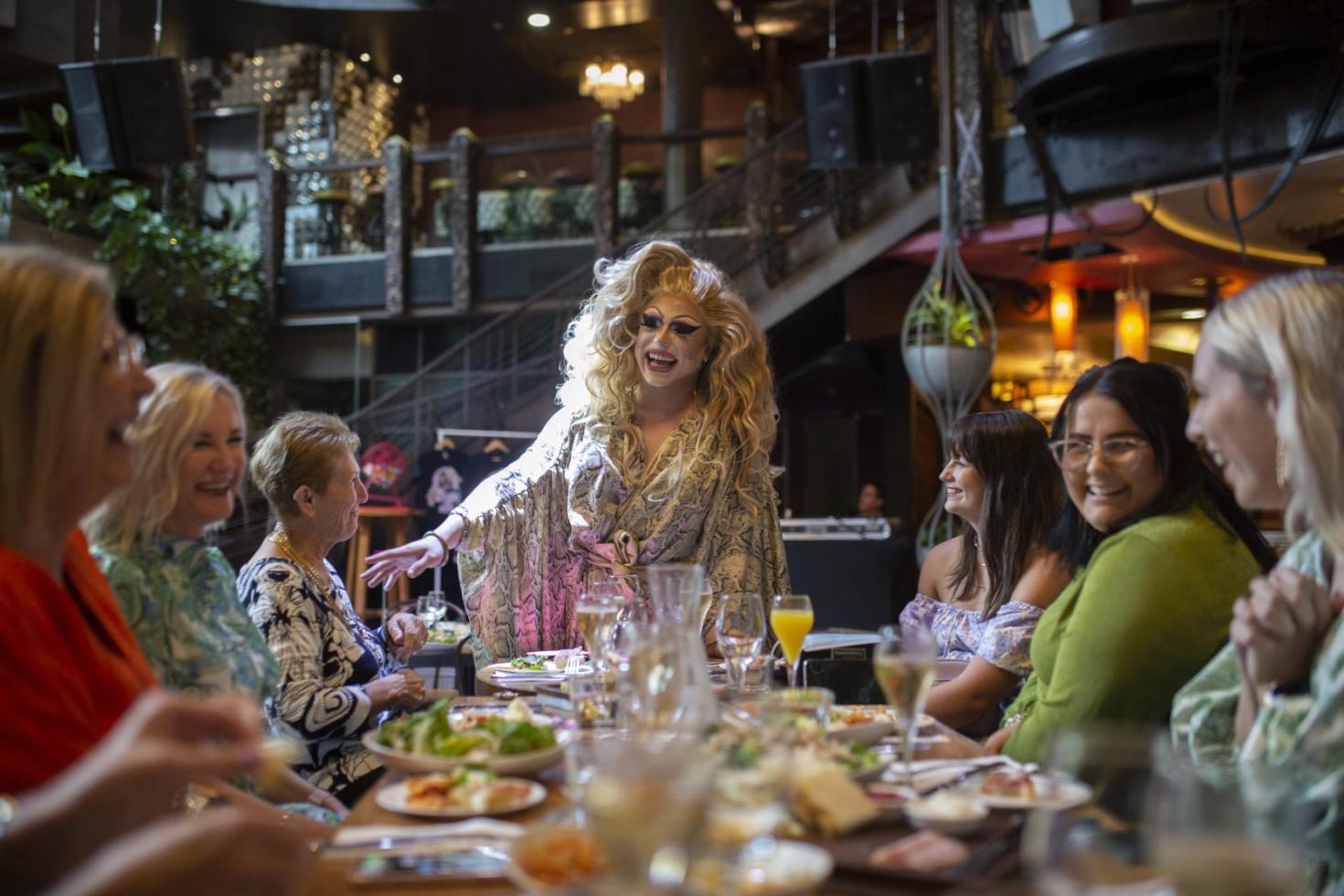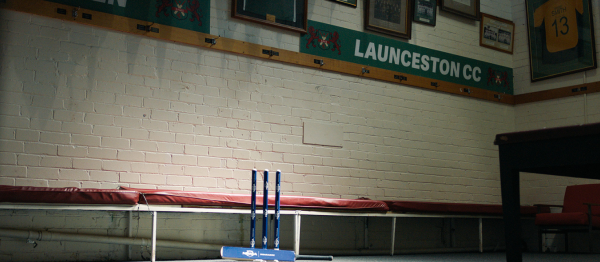10 June 2022
Bebe Gunn
Brisbane drag queen Bebe Gunn has helped hundreds of artists. Bebe began a social media campaign called Pay Your Bills, alerting people to the plight of arts performers and hospitality workers facing a complete loss of work.

Two hours after lockdown restrictions were announced in late July in Brisbane, drag queen Bebe Gunn, standing in full costume and make-up for a cancelled weekend show, began alerting people to the plight of artists and hospitality workers suddenly losing work.
Her posts on social media, explaining the immediate financial hardship faced when events, gigs and venues were forced to close, inspired overwhelming and unexpected offers of financial support from complete strangers.
“Artists don’t want to ask for help,” says Bebe. “But when I put the word out about the effect of losing all your work in an instant, the support from people wanting to help just avalanched.”
“I wasn't starting a campaign; I was just trying to show people that it was all locked down. Then it snowballed.”
Bebe hatched a campaign called Pay Your Bills, enabling generous donors to pay people’s gas, rent, internet, water, and rego bills. Artists, including burlesque performers, circus artists, puppeteers, hospitality workers, dancers, DJs, and choreographers, contacted Bebe about a bill and she passed on their bill payment details to donors. Anonymity was ensured.
“I was working on it 18-hours a day,” she says. “I would fall asleep with my phone in my hand, I didn't shower for four days, but I was so concerned.
“When people start messaging saying, ‘I'm not gonna be able to eat this week’, there’s something inside of you that just doesn't shut down. I went completely into, ‘Let's fix this.

Across six-and-a-half days, Bebe helped channel more than $29,000 from 650 donors in Australia and overseas to hundreds of people in need.
“The level of people’s generosity, it floored me,” she says. “I cried.”
Restrictions meant Bebe lost five gigs and $2200 over the lockdown’s first weekend but fortunately she didn’t need assistance. She was, however, struck by the level of need in the arts community.
“We had a lot of people come out of the woodwork that I didn't think I'd hear from,” she says. “For instance, with the puppeteers, I never thought people trained by Jim Henson would be coming to me saying, ‘We need help to pay our car registration’.”
“About 90 per cent of people who received support said the same thing, ‘Words don't seem like enough’."
Bebe believes lockdown exposed the precarious nature of life working in the arts and hospitality industry. It also showed the public’s frustration at a perceived lack of government support for casual workers.
“We're not some little niche market that entertains 50-to-60 people a week. There are hundreds of artists that work across every single weekend to sold-out crowds.
“The people who create the arts in this country are just second to none. And it was those people that were finally helped, who maybe saw a little bit of light to keep creating because there are people out there counting on them to keep going.”



